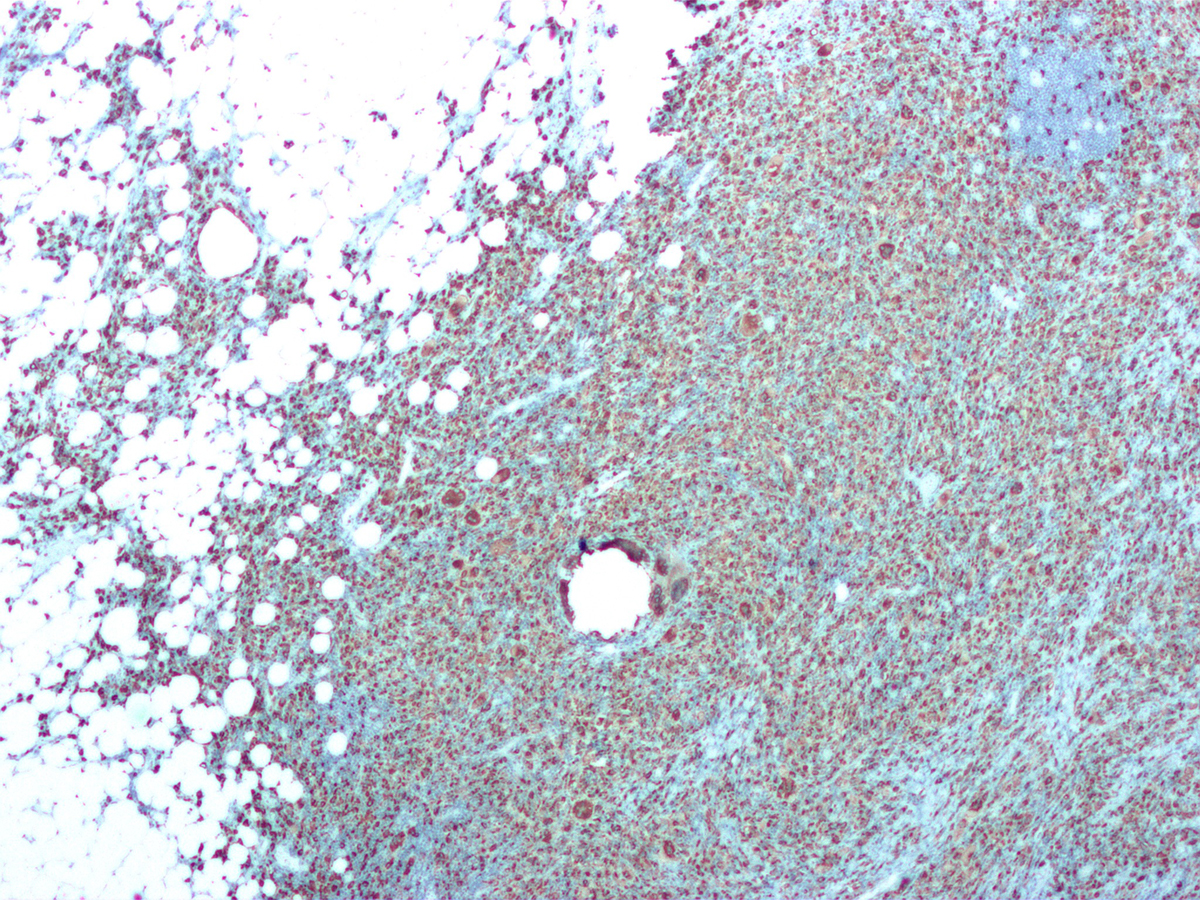
Pyelonephritis
Pyelonephritis is the medical term used for the condition when the kidney and upper urinary tract are inflamed. It is not very serious, but if left uncured it can progress and lead to the degree when kidneys cannot function any more. In such case, dialysis or transplantation of kidney is required.
Symptoms of pyelonephritis
There are several symptoms and of pyelonephritis such as abdominal pain, lower back pain, fever, chills, vomiting, even delirium in extreme cases. Diagnosis is made after the urine test. The indicators of the inflammation are bacteria and white blood cells in urine. Pyelonephritis more frequently occurs in women, especially the young women, than in men and children, which is associated with the frequent sexual activity of the women in the period when they are young. Chronic pyelonephritis is the recurrent kidney inflammation that can damage the kidney and lead to chronic renal failure. The chronic pyelonephritis typically appears in patients who have vesicoureteral reflux or urinary difficulties. Chronic pyelonephritis may cause a disease called reflux nephropathy.
Causes of pyelonephritis
Pyelonephritis is believed to be caused by certain bacterial infection. Many professionals think that the bacterial infection may arouse in some other part of the organism and then spread through the blood circulation to the kidneys. In the majority of cases, the bacteria that cause this disorder enter the body through the urinary tract, first through the urethra, the bladder and finally reach the kidneys. It is known as ascending infection. On of the sources of the bacteria is anus. Those women who have short urethra which is close to anus are at high risk to get infected. Reflux is the backward flow of urine, which occurs as a result of an obstruction or anatomical defect. Reflux may also be a consequence of the insertion of catheters or instruments such as cystoscopes for diagnosis or treatment.
Treatment of pyelonephritis
Pyelonephritis must be treated in order to prevent and avoid further serious complications. If it is discovered right in the beginning, antibiotics are the best solution for prompt curing. If the patients are young children, in such cases penicillin is highly recommended for treating of this disease. As for the cases with adults when the inflammation is only mild, antibiotics are taken orally, but when dealing with more serious cases and when the patient cannot take it by mouth, then intravenous antibiotics are necessary. The most common antibiotics are fluoroquinolones, such as Ciprofloxacin, beta-lactam antibiotics, such as amoxicillin, and cephalosporin, and trimethiprim.

















Your thoughts on this
Loading...